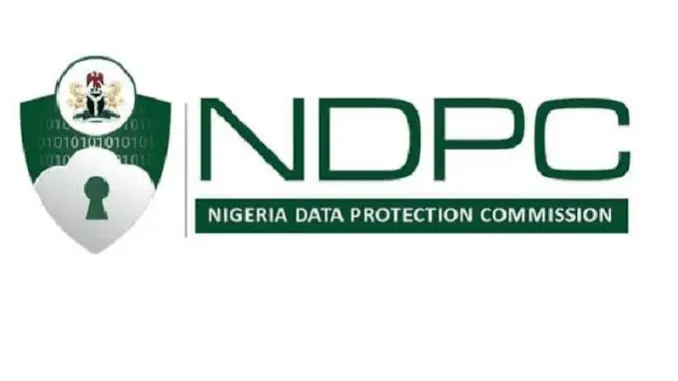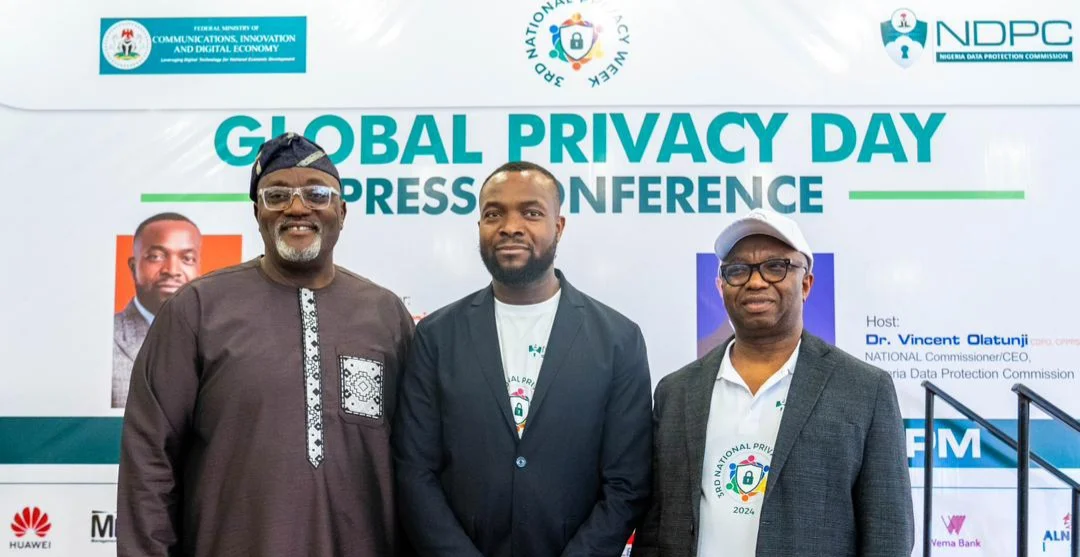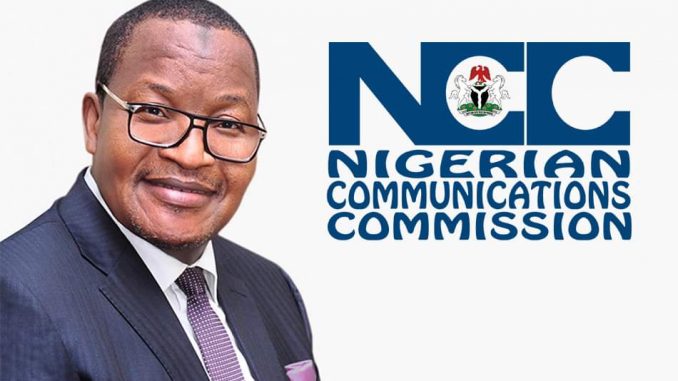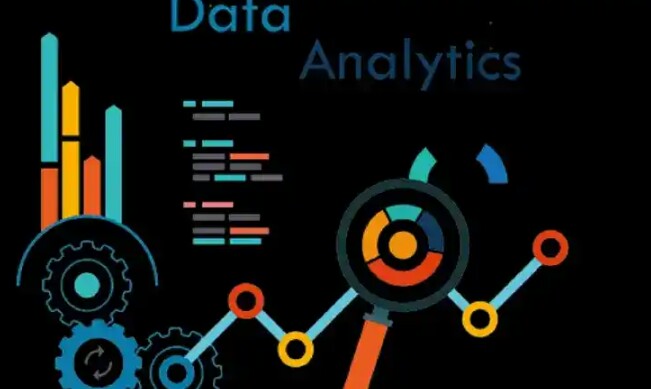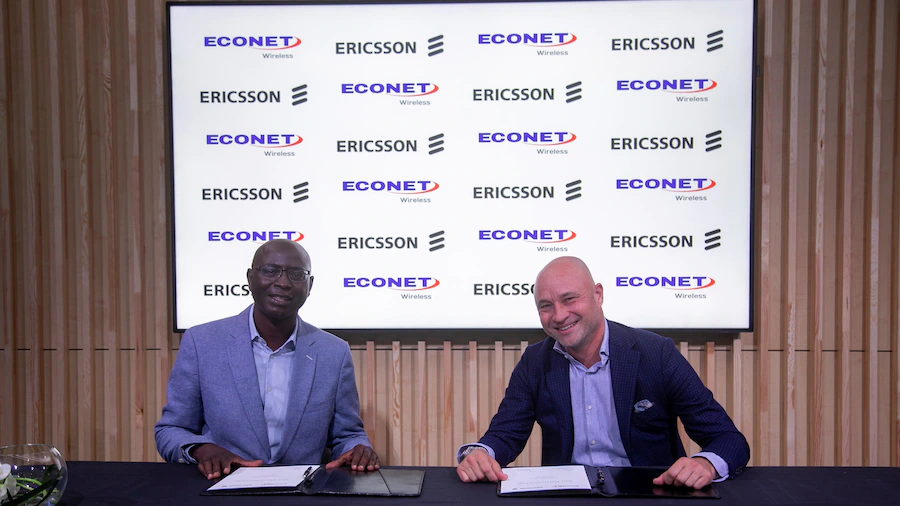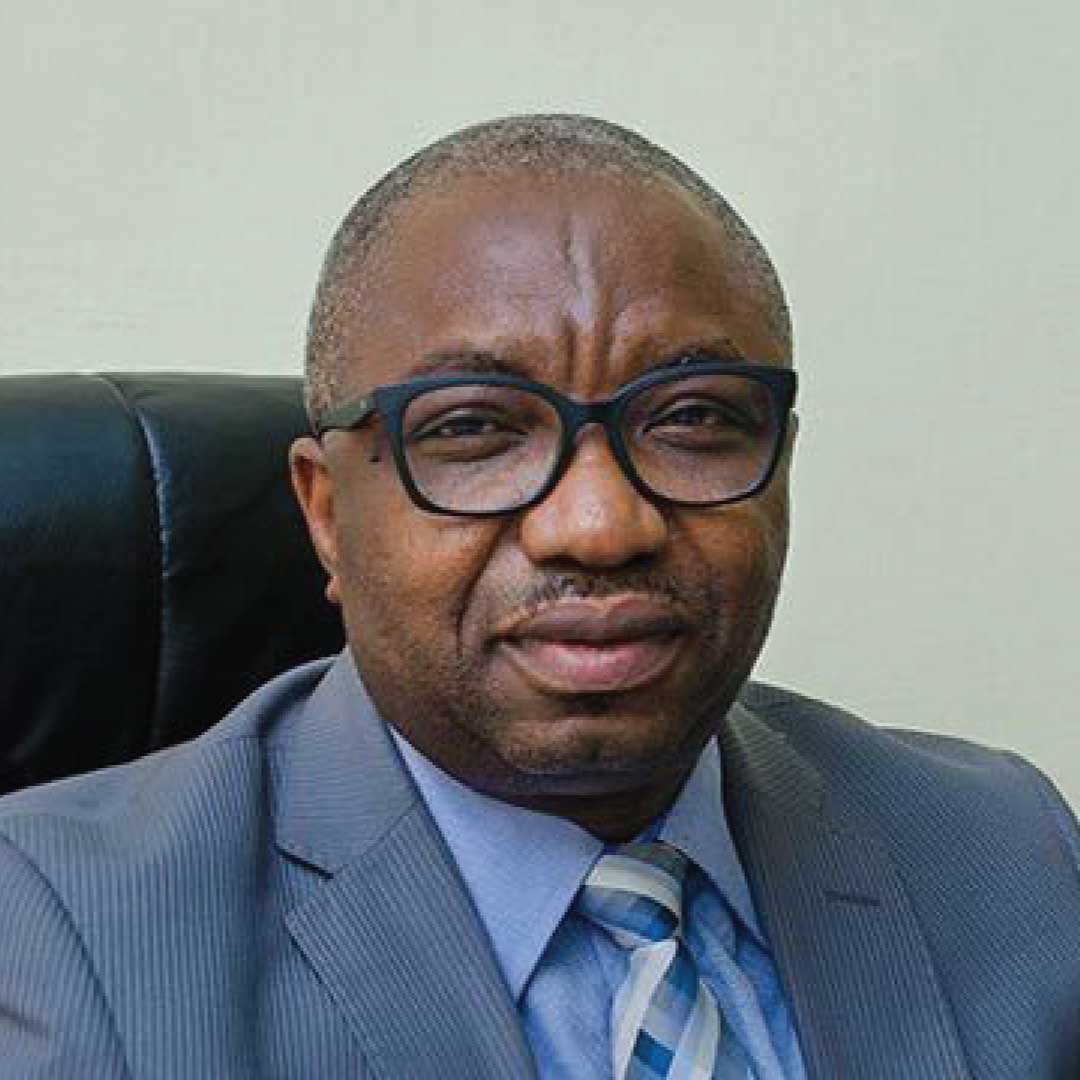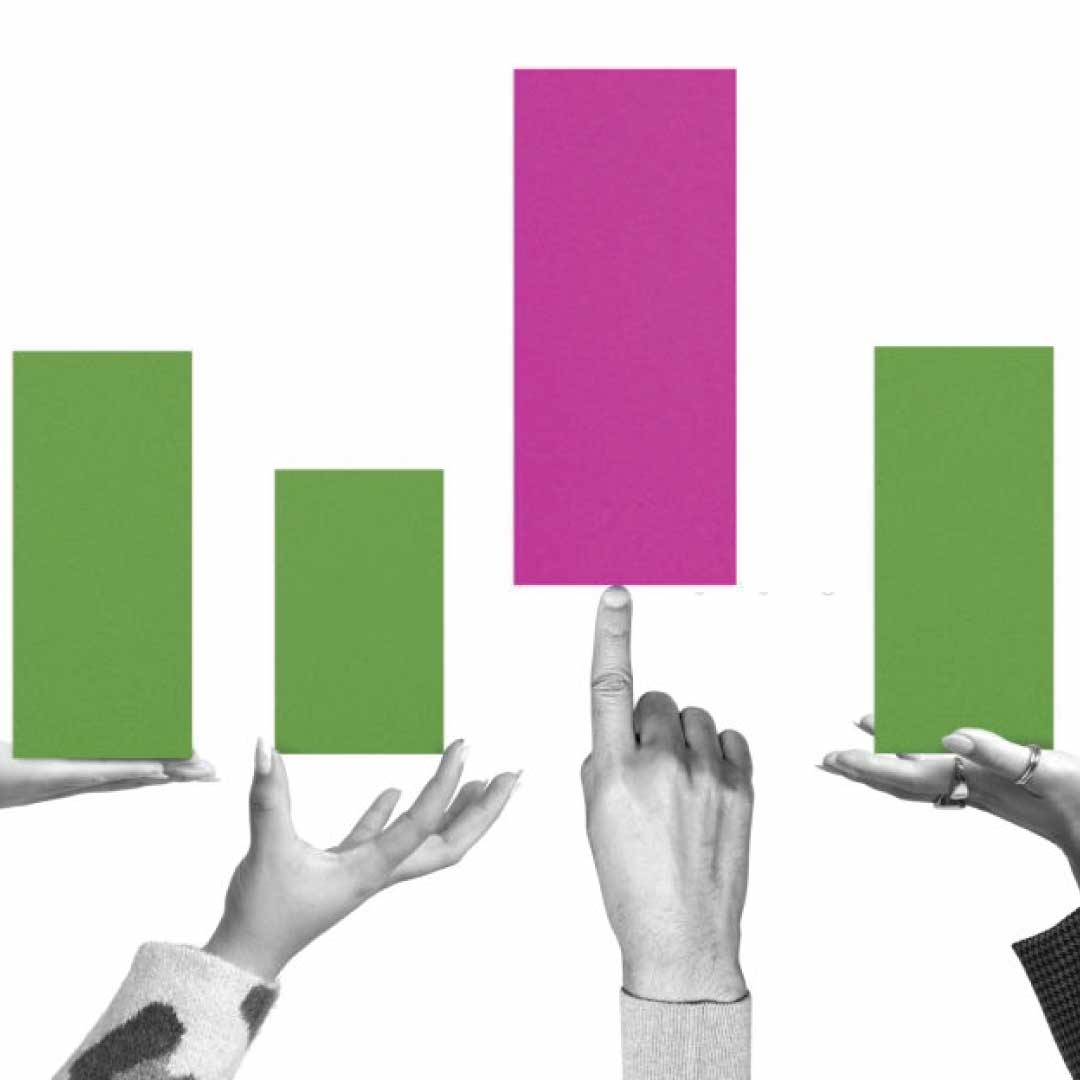The Nigerian Data Protection Commission (NDPC) plays a crucial role in safeguarding the privacy and security of personal data within Nigeria. Established to implement and enforce data protection regulations, the NDPC ensures that companies and institutions adhere to specific guidelines regarding the handling, processing, and storage of personal information. One of the key mandates of the NDPC is to maintain a registry of data controllers and processors operating within the country.
Obligations for Companies and Institutions
Under the NDPC regulations, companies and institutions that collect, process, or store personal data are required to register as data controllers or processors.
This registration process entails providing detailed information about their data handling practices, security measures, and designated data protection officers. By registering with the NDPC, these entities commit to upholding the principles of data protection and ensuring compliance with relevant laws and regulations.
Read also: Nigerian data regulator (NDPC) investigates 17 violations
Data controllers are entities that determine the purposes and means of processing personal data. This category typically includes organizations such as businesses, government agencies, educational institutions, healthcare providers, and other entities that collect and utilize personal information for various purposes. Data controllers are responsible for ensuring that personal data is processed lawfully, transparently, and securely. They must implement appropriate measures to protect the rights and privacy of data subjects and adhere to principles such as data minimization, accuracy, and accountability.
Data processors, on the other hand, are entities that process personal data on behalf of data controllers. This may include service providers, cloud computing companies, IT vendors, and other third parties that handle personal information as part of their services. While data processors do not have ultimate control over the data, they are still required to comply with data protection regulations and ensure the security and confidentiality of the information they process. Data processors must only act on the instructions of the data controller and implement adequate safeguards to prevent unauthorized access, disclosure, or misuse of personal data.
Scope of Registration Requirements
The registration requirements imposed by the NDPC apply to a wide range of companies and institutions across various sectors. This includes but is not limited to:
Financial Institutions: Banks, insurance companies, investment firms, and other financial institutions that collect and process personal data for account management, transactions, and other financial services.
Healthcare Providers: Hospitals, clinics, pharmacies, and healthcare practitioners that handle patients’ sensitive medical and health-related data.
Telecommunications Companies: Mobile operators, internet service providers, and telecommunication companies that collect customer data for billing, communication, and service provision.
E-commerce Platforms: Online retailers, marketplace websites, and e-commerce platforms that gather personal information from customers for purchasing, shipping, and marketing purposes.
Educational Institutions: Schools, colleges, universities, and educational organizations that manage student records, admissions, and academic information.
Government Agencies: Public sector entities, regulatory bodies, and government departments that process personal data for administrative, regulatory, and law enforcement purposes.
The NDPC registration requirements for data controllers and processors are essential for promoting accountability, transparency, and trust in the handling of personal data in Nigeria. By mandating registration and compliance with data protection regulations, the NDPC aims to mitigate the risks of data breaches, identity theft, and unauthorised access to personal information. Companies and institutions operating within Nigeria must recognize their obligations under these regulations and take proactive measures to safeguard the privacy and security of the data they collect, process, and store. Compliance with NDPC guidelines not only protects the rights of individuals but also fosters a culture of responsible data management and governance within the country’s digital ecosystem.

